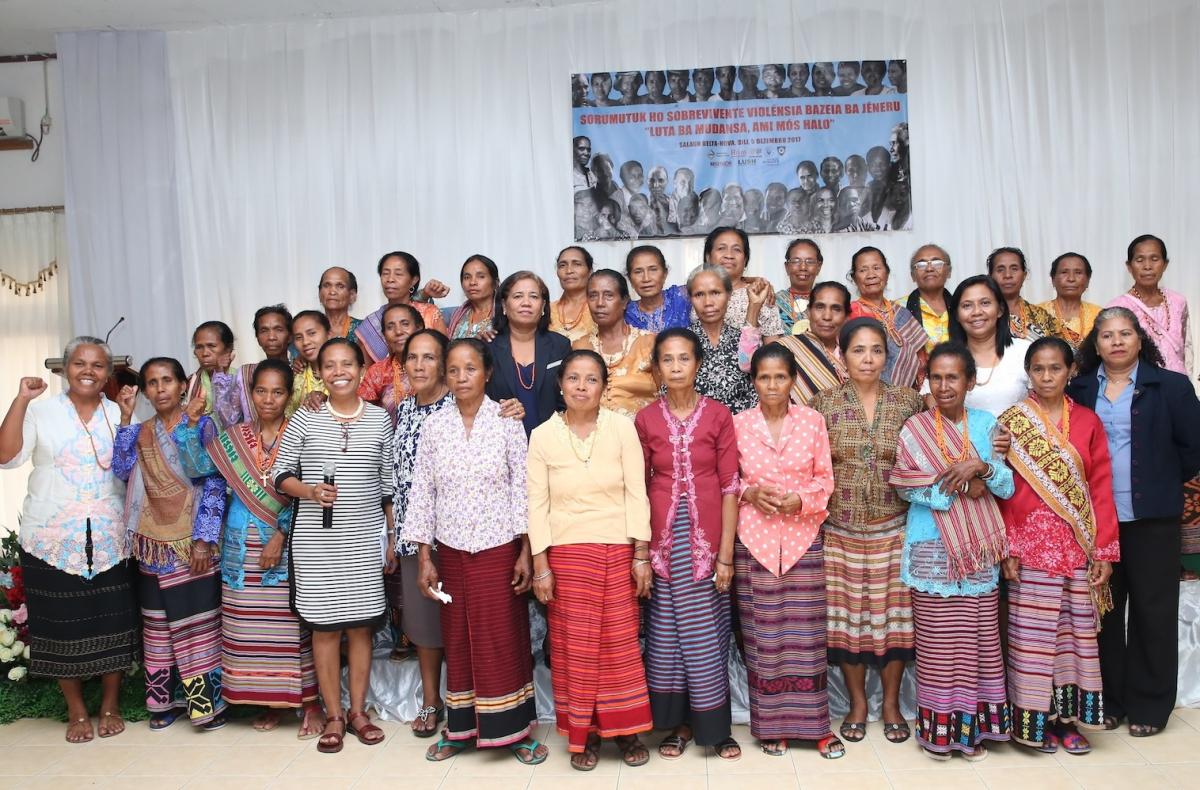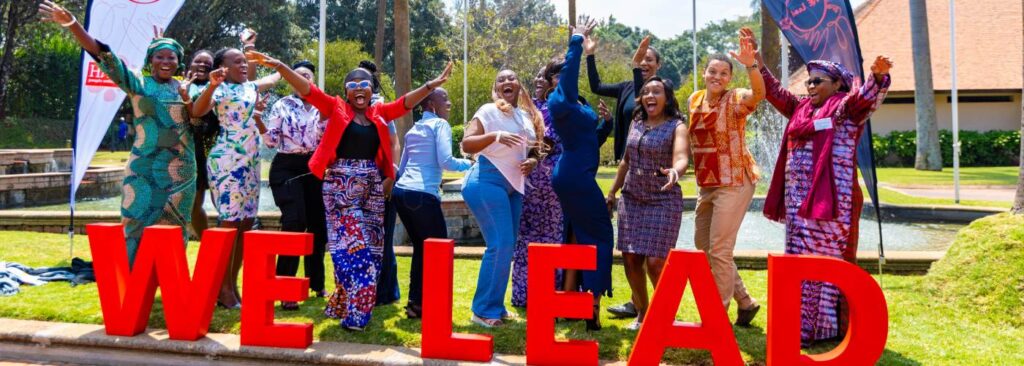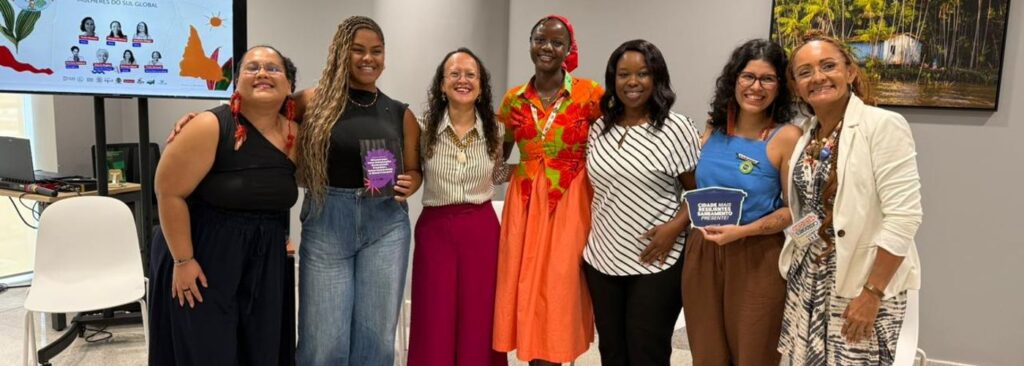In late November 2017 as part of the UN’s 16 Days of Activism to End Violence against Women, Hivos Southeast Asia’s partner Asosiasaun Chega Ba Ita (ACbit) launched a month-long, multi-media awareness campaign showcasing the journeys of Timorese women who are survivors (not victims) of gender-based violence. This campaign, called Civil Society and Good Governance in Timor-Leste, was a joint project by Hivos and the Norwegian Embassy in Indonesia, together with three other Timorese organisations.
Gender-Based Violence (GBV) and its context in Timor-Leste
Deep trauma caused mainly by sexual violence perpetrated against women in the past has become an obstacle to Timor-Leste’s development in the present. Although most of the violence actually occurred during the Indonesian Occupation, when East Timorese women were raped, beaten, tortured and humiliated by occupying forces and collaborators, many survivors still carry the burden, shame and guilt of what happened to them. Unfortunately, present circumstances do not favour their full recovery, often leaving them disempowered and targets of discrimination. Local government, communities, and at times their own families do not give them the vital support and tools they need to move on with their lives. Instead, it is war veterans who continue to be recognised and celebrated at local and national level. While recognising the work and accomplishments of war veterans, we must not forget it was a much wider network of individuals who ultimately realised Timor-Leste’s independence.
Remember this slogan: “Luta Ba Mudansa, Ami Mós Halo”
The slogan “Luta Ba Mudansa, Ami Mós Halo” translates into English to “Fight for Change – We did it too”. The aim of our campaign with ACbit was to change public perceptions and highlight the important contributions made by women – mostly survivors of sexual violence – to the independence of Timor-Leste through first-person narratives and accounts from actual survivors. Over the years, ACbit has collected more than 200 personal stories from women survivors. During the campaign, ACbit deployed a range of different materials to support their activities, including postcards with quotes from women survivors and their portraits, videos of women survivors telling their stories, radio interviews, billboards in strategic locations, and special songs produced to encourage women. “Feto Eroi/Women Heroes” was a country song by Joviana Guterres, and “Pirilampu/Fireflies” was a hip-hop song by Timorese rapper Black Jesus.
Executive Director of ACbit “incredibly proud”
When asked how she feels about ACbit’s first-ever campaign of this magnitude, Executive Director of ACBit Manuela Leong Pereira said, “I am incredibly proud of the team and the volunteers who worked tirelessly to make this campaign happen. We are overwhelmed by the positive results we received, especially from younger people who were unaware of these events from the past and showed so much interest in the women survivors. And most importantly, of course, it was also hugely empowering for the women survivors to be able to share their stories with so many sympathetic, interested fellow Timorese knowing that now their stories are not and will not be forgotten”.
To learn more about ACbit, please visit their website and their Facebook page.




